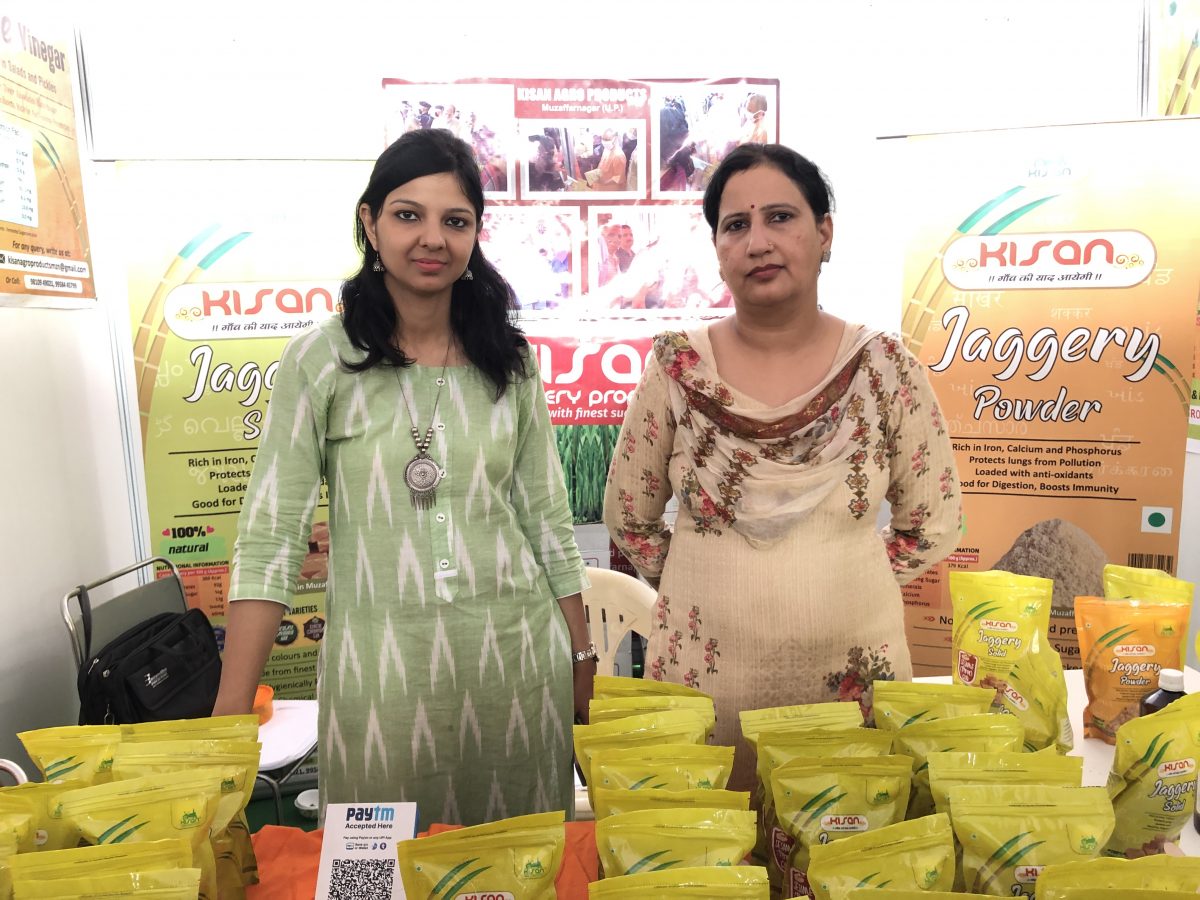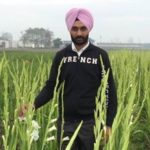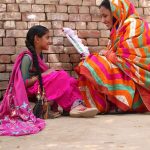Pradeep Singh: From Corporate Success to Dairy Farming Pioneer
In the heart of Rohtak, there resides a man who dared to break the mold of corporate success to follow his heart’s calling. Mr. Pradeep Singh, a native of this village, embarked on a journey that not only transformed his life but also left an indelible mark on his community. His story is one of passion, dedication, and a commitment to reviving the roots of his homeland.
Pradeep Singh’s journey began with a simple thought – a desire to contribute to his own community, where farming had always been an integral part of life. The lush fields and fertile lands of Rohtak inspired him to spread awareness about dairy farming and help fellow farmers overcome the challenges in this field.
After completing his MBA, Pradeep spent a decade in the corporate world, working for the renowned company Havells. However, he soon realized that his deep connection to his native place and his passion for agriculture called him back. He felt a profound need to do more for his community.
In December 2018, he founded “Bagdi Milk Power Milk Processing Enterprise,” a venture dedicated to transforming the dairy farming landscape in Rohtak. The enterprise produces a range of dairy products, including Badam Dudh, Lassi, Mava Barfi, Gulab Jamun, Kheer, and Paneer Pakode, all made from the highest quality milk.
Pradeep Singh’s mission goes beyond just producing dairy products; it’s about empowering the uneducated and unskilled youth of his region. He provides training to local farmers, teaching them how to obtain nutritious milk from buffaloes and what should be fed to the animals to maximize their health and milk production. Currently, approximately 80 farmers are associated with him, receiving fair prices for their produce.
What sets Pradeep Singh’s enterprise apart is his commitment to providing clean and healthy products to consumers. He owns cows, but for buffaloes, he collaborates with local farmers and educates them on best practices. This approach ensures that both the farmers and consumers benefit from his venture.
Not only does Pradeep involve farmers, but he also supports local artisans who provide him with traditional “mitti ke bartan” (clay utensils). These artisans are integral members of his farmer groups, helping maintain the authenticity of the products he offers. He utilizes modern machinery, such as a Mawa making machine and milk chillers, to ensure the highest quality and hygiene standards.
With 17 direct employees, 12 of whom contribute to the farms and five dedicated to producing ghee, Pradeep Singh has created meaningful employment opportunities in his community. His dedication to quality is reflected in the price of his ghee, which costs around Rs. 1500 per kg (cow) and Rs. 1200 per kg (buffalo), with additional shipping charges if needed.
Pradeep’s younger brother is also actively involved in the business, and the entire family supports his vision and efforts. Together, they have become a symbol of community-driven entrepreneurship in Rohtak.
Pradeep Singh’s journey has not gone unnoticed. He has been recognized for his outstanding contributions to the field of dairy farming and milk processing. He received awards from prestigious institutions like the Indian Agricultural Research Institute (IARI) in Pusa, Delhi, and Haryana Agricultural University in 2019.
Looking ahead, Pradeep Singh has ambitious plans for the future. He aims to expand his online presence and make a wider range of products available to customers, including sunflower oil. His unwavering commitment to his community and his dedication to quality have transformed him from a corporate success story to a dairy farming pioneer, revitalizing the farming landscape in Rohtak and inspiring many to follow their hearts and make a difference in their communities.









